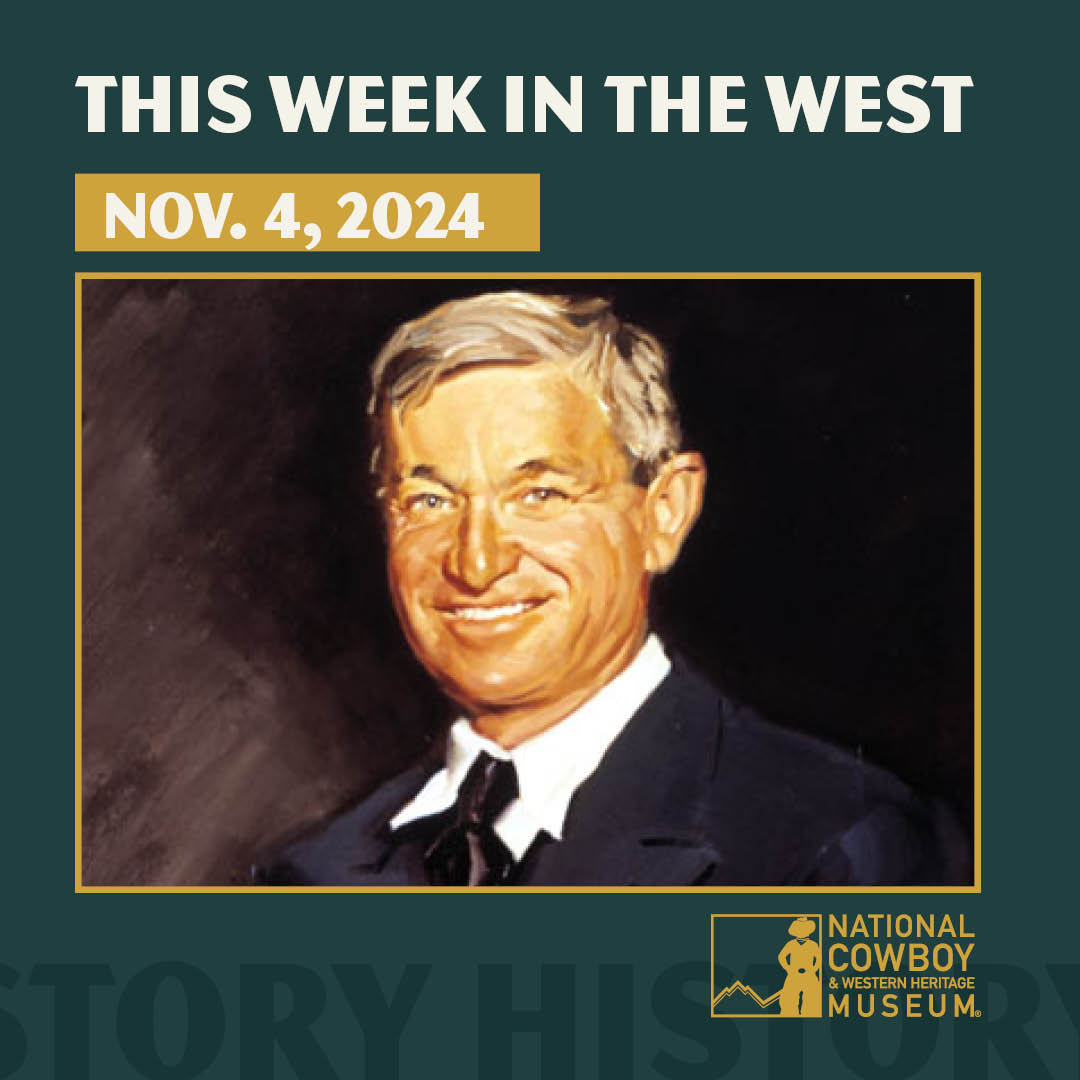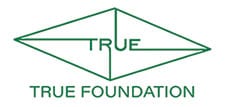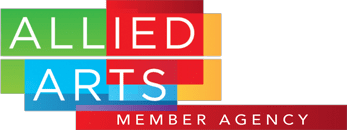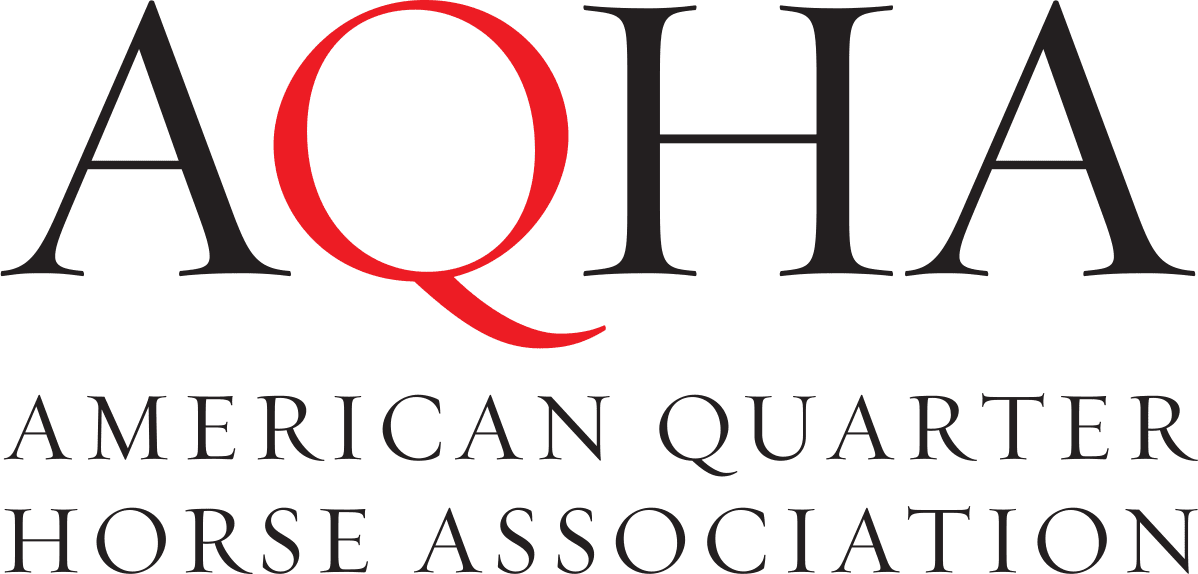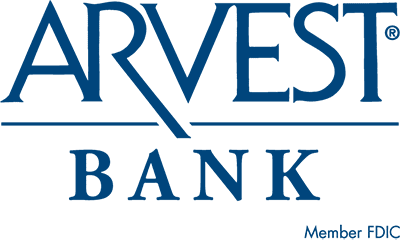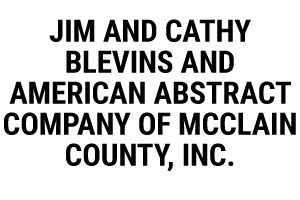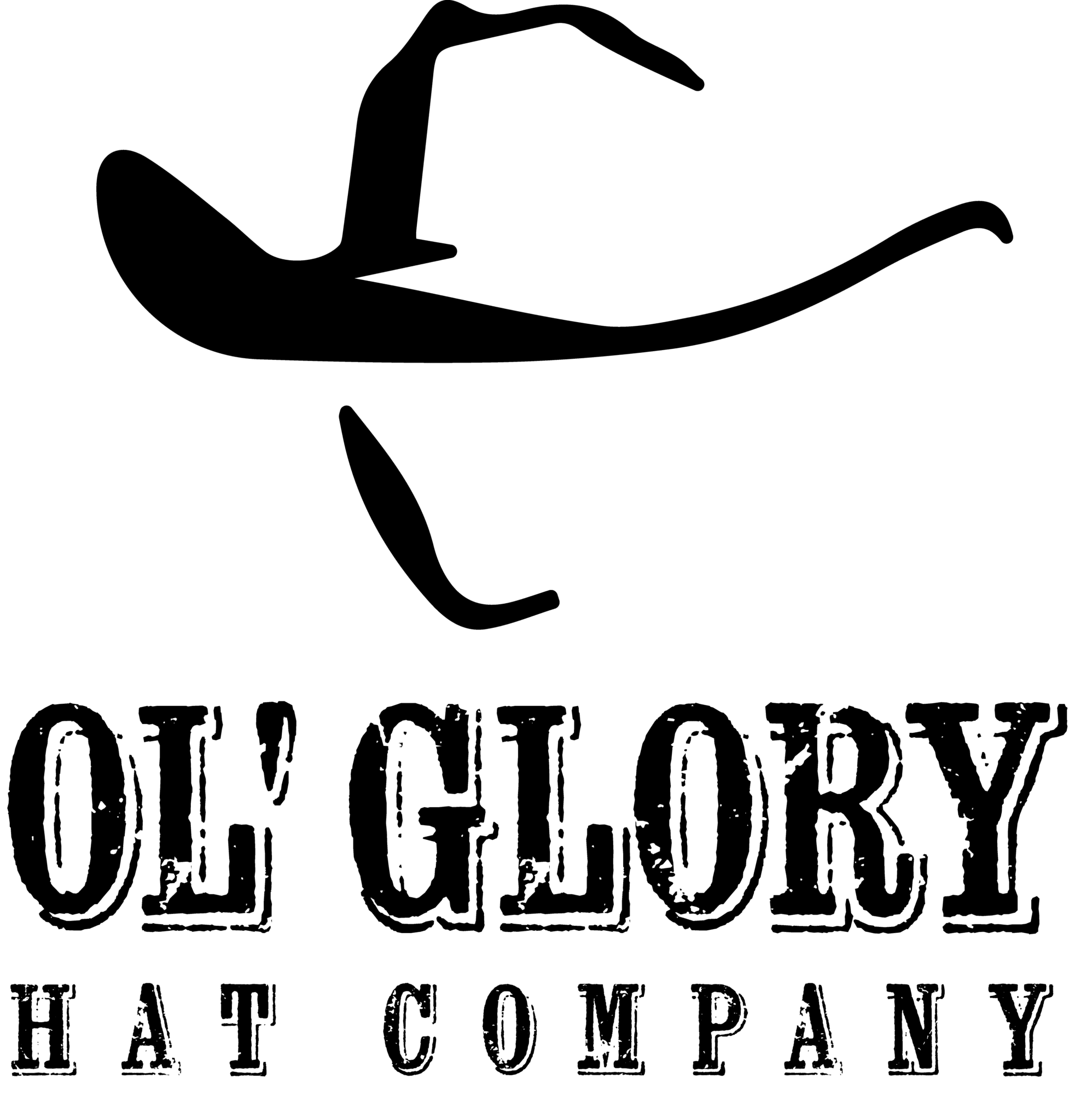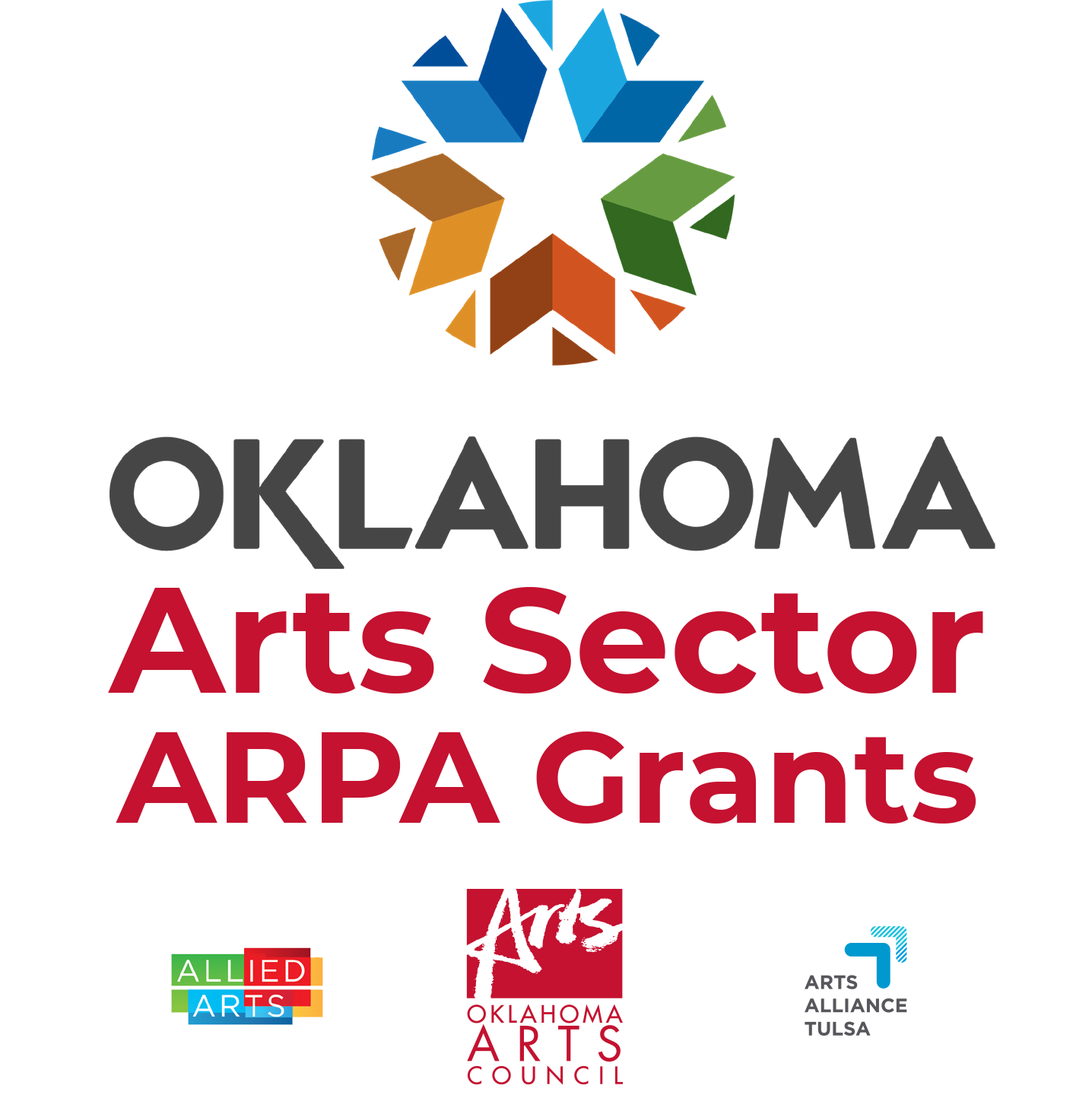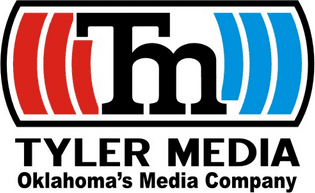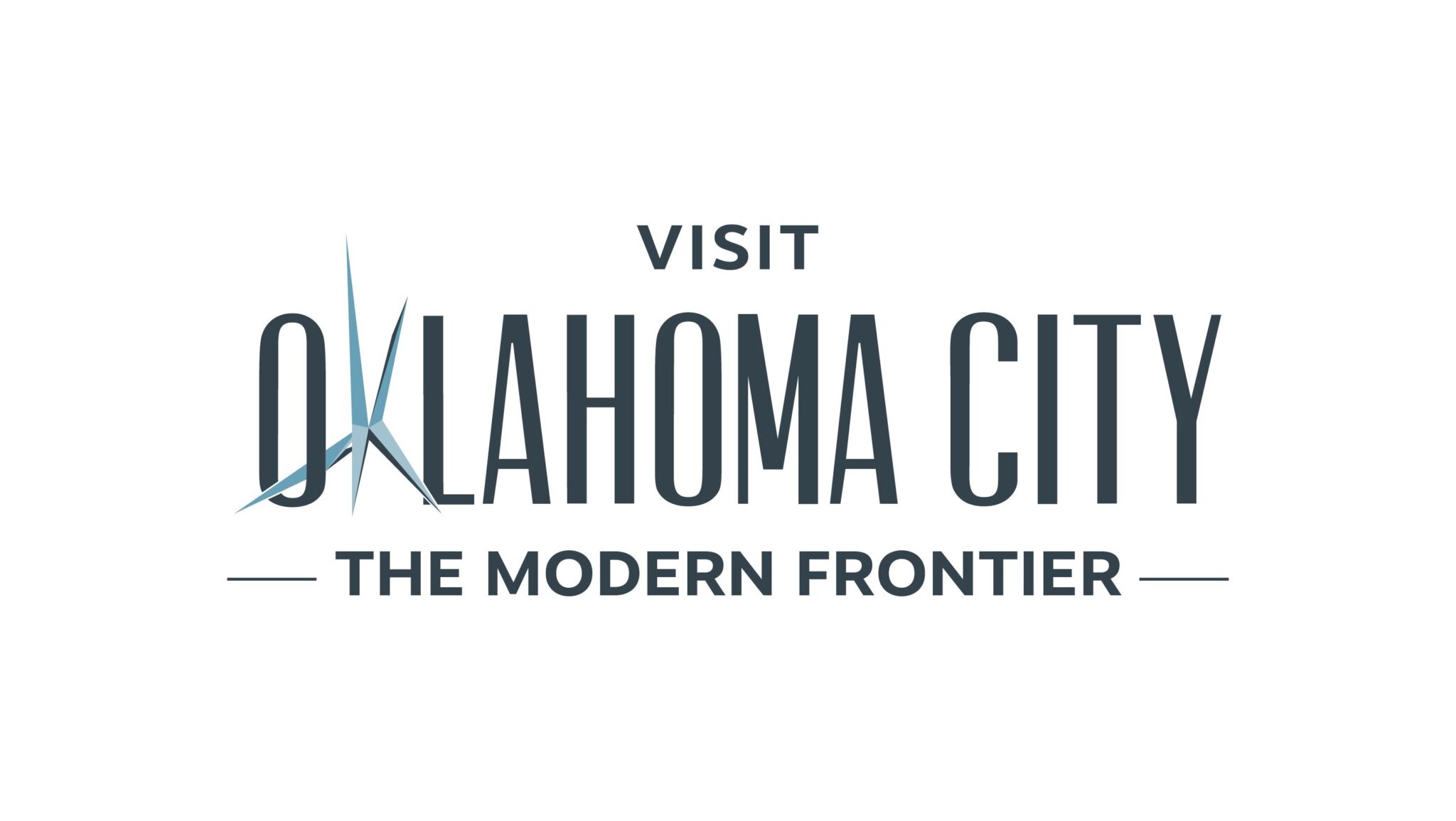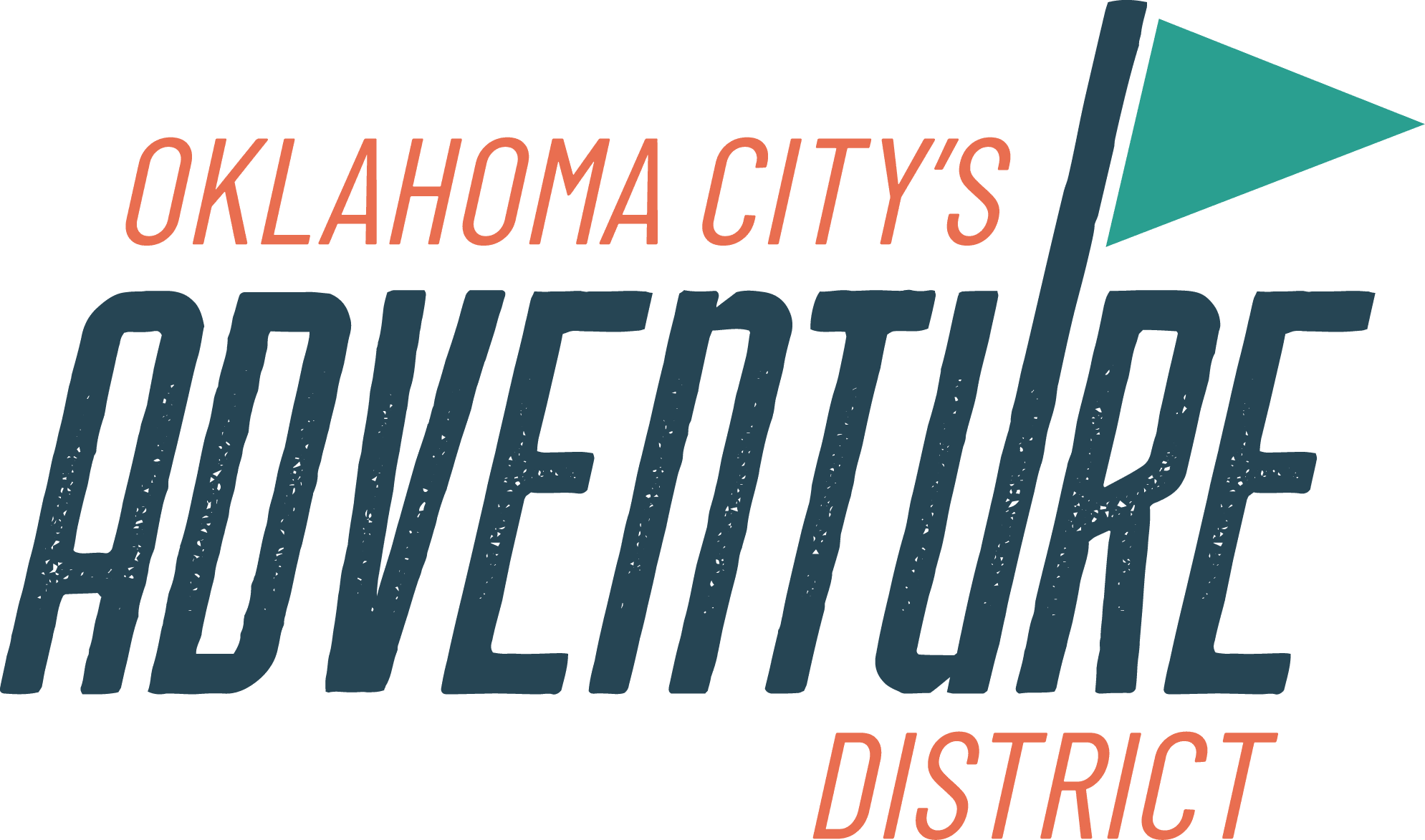Our new podcast “This Week in the West” debuted today. Each week, we’ll also share the show’s scripts here on our blog. Be sure to subscribe on your favorite podcast app or check back here every Monday.
If you have questions, ideas or feedback about the podcast, you can reach out to podcast@nationalcowboymuseum.org
WEEK OF NOVEMBER 4: WILL ROGERS
NOV 4: WILL ROGERS
Howdy, folks. It’s the second week of November, 2024, and welcome to This Week in The West.
I’m Seth Spillman, broadcasting from the National Cowboy & Western Heritage Museum in Oklahoma City.
Founded in 1955, we are known as “The Cowboy” to our friends, which now include you, the listeners of this podcast. Here at The Cowboy we utilize our renowned collection of art and artifacts to promote a better understanding of the enduring legacy of our American West.
On this podcast, we’ll share some of the most interesting stories of the people and events that shaped the history, art, and culture of the American West – and those still shaping it today.
And since we’re headquartered here in Oklahoma, it feels right to begin with Oklahoma’s favorite sons and one of the West’s greatest storytellers: William Penn Adair Rogers, known to the world as Will Rogers, born on this week, Nov. 4, 1879 in Oologah, Indian Territory.
Will’s roots ran deep in the green countryside of Eastern Oklahoma. His father, Clem, was a leader in the Cherokee Nation community, while his mother, Mary America Rogers, also had Cherokee ancestry.
As a kid, Will didn’t really take to being a student. His parents had sent him to military school, but his restless spirit led him to drop out as he pursued his passion: being on the back of the horse with a rope in his hand.
Will wanted to be a Cowboy.
Will traveled the world, including a stint as a gaucho in South America, before hooking up with a job with Wild West shows in South Africa, Australia, and New Zealand. It was in those shows that he worked on his unique act, a combination of trick riding and roping.
In 1905, Will was performing with the Mulhall Rough Rider Congress at Madison Square Garden in New York City. In the middle of the show, a steer busted loose and bolted into the stands. Fans scattered, but Will managed to rope the stray and save the day. That got people in New York buzzing about Will. He’d turn that excitement into a Vaudeville career, which took him around the country and the world, and brought out more of his personality and home-spun appeal.
You see, while he was spinning his rope, Will would get to talking. He’d share old stories from his days as a cowboy or just some wisdom he’d picked up along the way.
“A man can fool you with his mind, and his Soul and his Heart, but if you follow his feet you will pretty near find out where he is going.”
By 1918, Will was a headliner for the Ziegfeld Follies; he’d started working on his first motion picture and published a book. Soon, a daily newspaper column followed. Will quickly became a voice Americans were listening to.
And it was a voice that always harkened back to spending time working as a cowboy.
“A man that don’t love a horse, there is something the matter with him,” Will said.
Or “There is a great tendency all over the country now to be high brow. More people should work for their dinner instead of dressing for it.”
The Roaring Twenties continued to raise Will to new heights. He sold books, records, and movies and crisscrossed the country on the lecture circuit. People wanted his opinion about everything, including politics.
In 1928, he turned reporter and covered the Republican and Democratic national conventions in his newspaper column.
Politics was a frequent punchline for Will. Once he said, “Most people and actors appearing on the stage have some writer to write their material. Congress is good enough for me. They have been writing my material for years.”
And “You know how Congress is. They’ll vote for anything if the thing they vote for will turn around and vote for them.”
As America fell into the Great Depression, Will’s flying tours took him to places he could help. He raised money for flood victims and farmers devastated by drought. In 1931 and 1932, he toured the world by plane, visiting Asia, Europe, and South America.
Along the way, he’d fallen in love with flying and made a friend of aviator Wiley Post, who had also grown up in Oklahoma. In 1935, he asked Wiley to take him to Alaska. He was searching for new stories for his column.
They made several stops and then, on August 15, left Fairbanks for Point Barrow, a place north of the Arctic Circle. They landed 20 miles short of their destination after fighting bad weather. Taking off again, the plane carrying Will and Wiley plunged from the sky into a shallow lagoon.
Both were killed instantly.
Will Rogers was 55.
Will’s legacy remains large in the state of Oklahoma and around the West. A statue of Will represents the state in the U.S. Capitol. It was proposed in his lifetime, and he thought it was a good idea so he could, quote, “Keep an eye on Congress.”
Memorials for Will were built at the family tomb in Claremore, Oklahoma, and also across the country in California, Texas, Colorado and Alaska.
Will, ever the man with a way for words, even had a thought when it came to how he should be remembered.
“When I die, my epitaph, or whatever you call those signs on gravestones, is going to read: “I joked about every prominent man of my time, but I never met a man I didn’t like. I am so proud of that, I can hardly wait to die so it can be carved.”
That does it for our first edition of This Week in the West.
Our show is produced by Chase Spivey and written by Mike Koehler.
Follow us and rate us on Apple podcasts or wherever you hear us. That helps us reach more people.
We encourage everyone to follow us online at nationalcowboymuseum.org
We leave you today with more wise words from Will Rogers:
“What constitutes a life well spent, anyway? Love and admiration from your fellow men is all that any one can ask.”
Much obliged for listening and remember, come Find Your West at the National Cowboy & Western Heritage Museum.
